As we know, it is currently essential to have good health and high defenses in order to face any disease that may weaken us. Next I will give you some tips that will help you raise your immune system in a very easy way. The immune system is just that, a system, and for this reason, to function well, it requires balance. General healthy living strategies are a good way to start leveraging your immune system.
2. Red bell peppers
Red bell peppers contain
almost 3 times as much vitamin C as a Florida orange. They’re
also a rich source of beta carotene. Besides boosting your immune system,
vitamin C may help you maintain healthy skin. Beta carotene, which your body
converts into vitamin A, helps keep your eyes and skin healthy.
3.
Broccoli
Broccoli
is supercharged with vitamins and minerals. Packed with vitamins A, C, and E,
as well as fiber and many other antioxidants, broccoli is one of the healthiest
vegetables you can put on your plate. The key to keeping its power intact is to
cook it as little as possible or better yet, not at all.
4.
Garlic
Garlic
is found in almost every cuisine in the world. It adds a little zing to food
and it’s a must-have for your health. Garlic may also slow down hardening of
the arteries, and there’s weak evidence that it helps lower blood pressure. Garlic’s
immune-boosting properties seem to come from a heavy concentration of
sulfur-containing compounds, such as allicin.
5.
Ginger
Ginger
is another ingredient many turn to after getting sick. Ginger may help decrease
inflammation, which can help reduce a sore throat and inflammatory illnesses.
Ginger may help with nausea as well.
Ginger
may also decrease chronic pain and might even possess cholesterol-lowering
properties.
6.
Spinach
Spinach
is rich in vitamin C and it’s also packed with numerous antioxidants and beta
carotene, which may both increase the infection-fighting ability of our immune
systems. Similar to broccoli, spinach is healthiest when it’s cooked as little
as possible so that it retains its nutrients. However, light cooking makes it
easier to absorb the vitamin A and allows other nutrients to be released from
oxalic acid, an antinutrient.
7.
Yogurt
Try
to get plain yogurts rather than the kind that are flavored and loaded with
sugar. You can sweeten plain yogurt yourself with healthy fruits and a drizzle
of honey instead.
Yogurt
can also be a great source of vitamin D, so try to select brands fortified with
this vitamin. Vitamin D helps regulate the immune system and is thought to
boost our body’s natural defenses against diseases.
8.
Almonds
When
it comes to preventing and fighting off colds, vitamin E tends to take a
backseat to vitamin C. However, this powerful antioxidant is key to a healthy
immune system.
Adults
only need about 15 mg of vitamin E each day. A half-cup serving of almonds,
which is about 46 whole, shelled almonds, provides around 100 percent of the
recommended daily amount.
9.
Sunflower seeds
Sunflower
seeds are full of nutrients, including phosphorous, magnesium, and vitamins B-6
and E. Vitamin E is important in regulating and maintaining immune system function.
Other foods with high amounts of vitamin E include avocados and dark leafy
greens.
Sunflower
seeds are also incredibly high in selenium. Just 1 ounce contains nearly the
selenium that the average adult needs daily. A variety of studies, mostly
performed on animals, have looked at its potential to combat viral infections
such as swine flu.
10.
Turmeric
Has
been used for years as an anti-inflammatory in treating both osteoarthritis and
rheumatoid arthritis. The high concentrations of curcumin, which gives turmeric
its distinctive color, can help decrease exercise-induced muscle damage.
Curcumin has promise as an immune booster and an antiviral.
11.
Green tea
Both
green and black teas are packed with flavonoids, a type of antioxidant. Where
green
tea really excels is in its levels of epigallocatechin gallate (EGCG),
another powerful antioxidant. EGCG has been shown to enhance immune function.
The fermentation process black tea goes through destroys a lot of the EGCG.
Green tea, on the other hand, is steamed and not fermented, so the EGCG is
preserved. Green tea is also a good source of the amino acid L-theanine.
12.
Papaya
Papaya
is another fruit loaded with vitamin C. Papayas also have a digestive enzyme
called papain that has anti-inflammatory effects. Papayas have decent amounts
of potassium, magnesium, and folate, all of which are beneficial to your
overall health.
13.
Kiwi
Like
papayas, kiwis are naturally full of a ton of essential nutrients, including
folate, potassium, vitamin K, and vitamin C. Vitamin C boosts the white blood
cells to fight infection, while kiwi’s other nutrients keep the rest of your
body functioning properly.
14. Poultry
Poultry,
such as chicken and turkey, is high in vitamin B-6. About 3 ounces of light
turkey or chicken meat contains nearly one-third of your daily recommended
amount of B-6.
Vitamin
B-6 is an important player in many of the chemical reactions that happen in the
body. It’s also vital to the formation of new and healthy red blood cells. Stock
or broth made by boiling chicken bones contains gelatin, chondroitin, and other
nutrients helpful for gut healing and immunity.
15.
Shellfish
Shellfish
isn’t what jumps to mind for many who are trying to boost their immune system,
but some types of shellfish are packed with zinc.



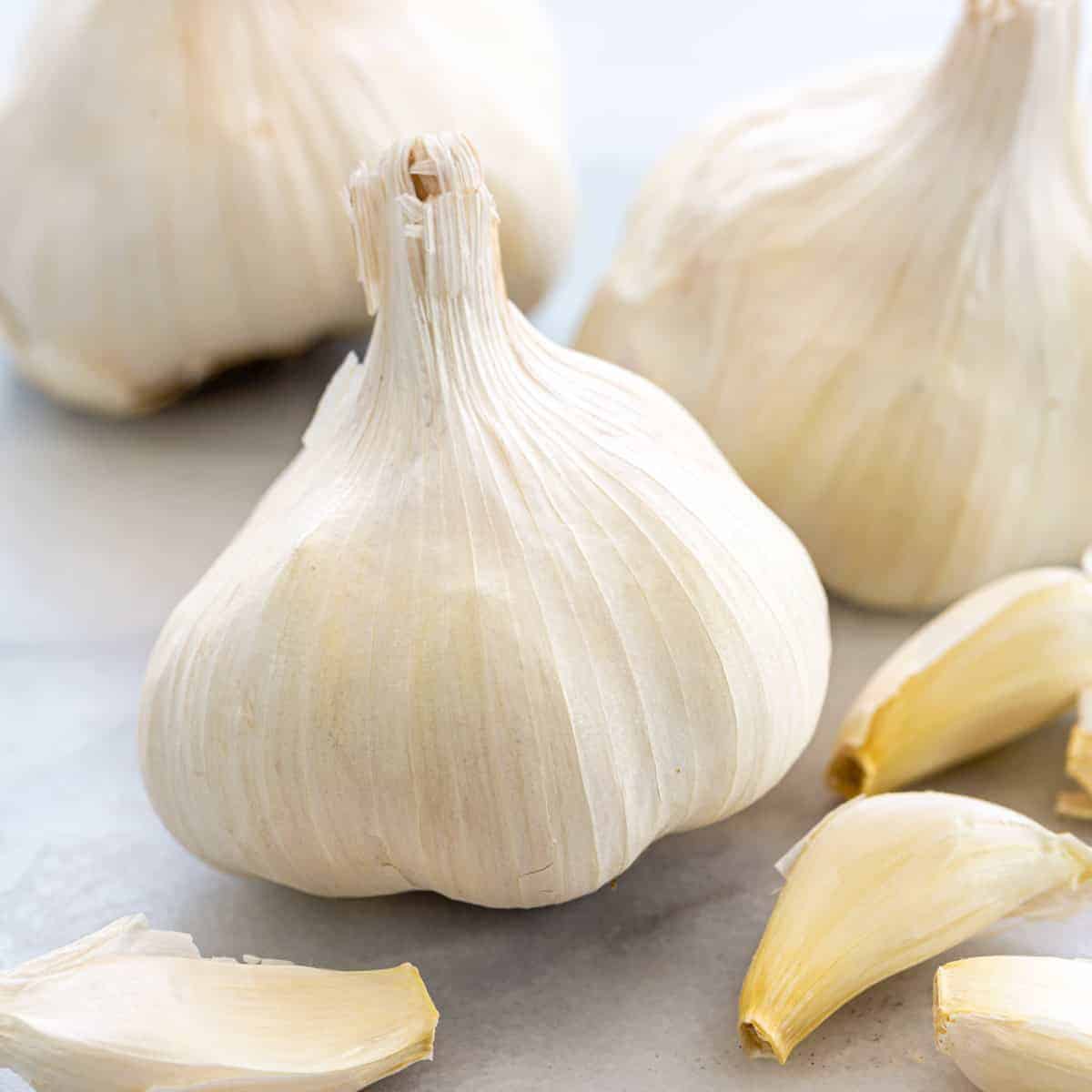
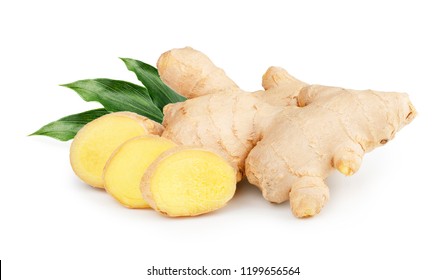




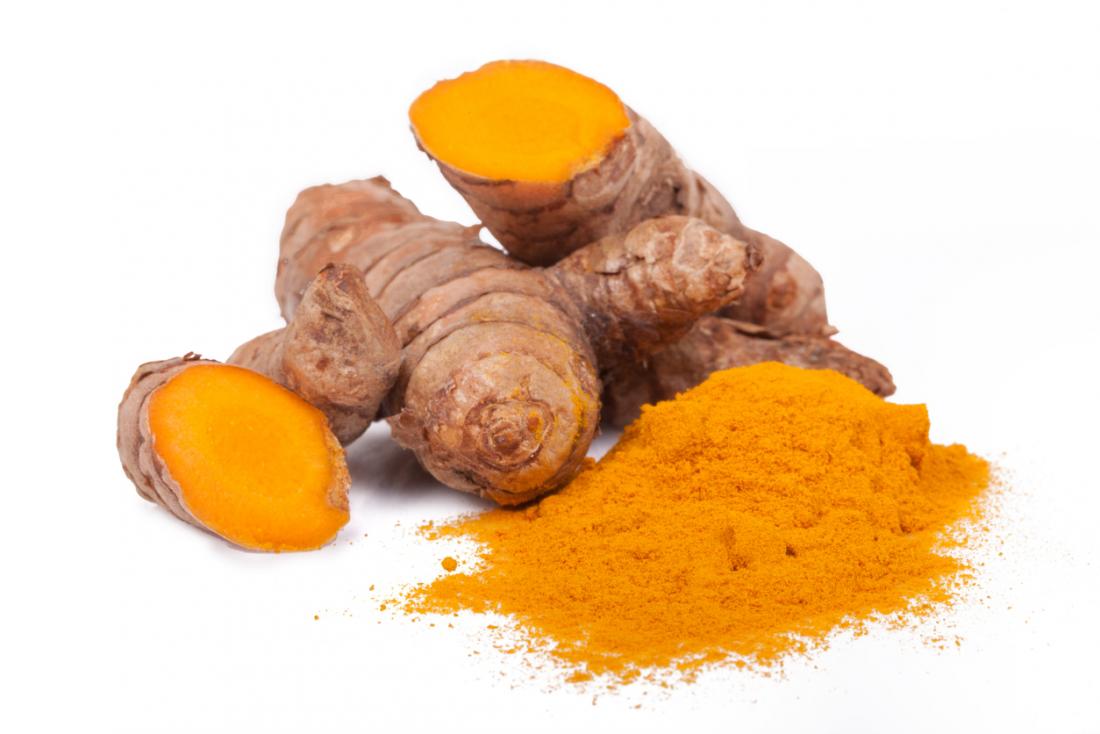
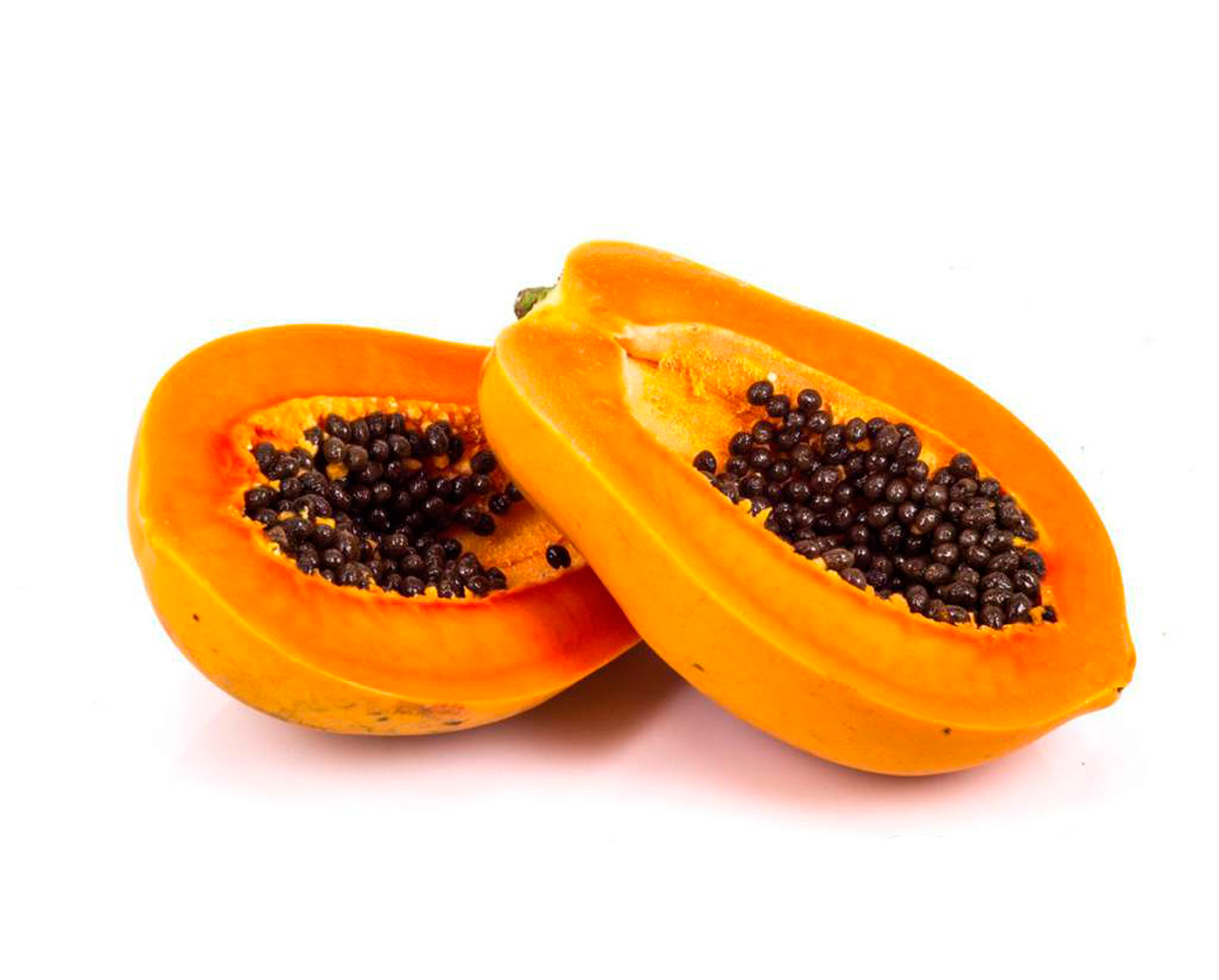
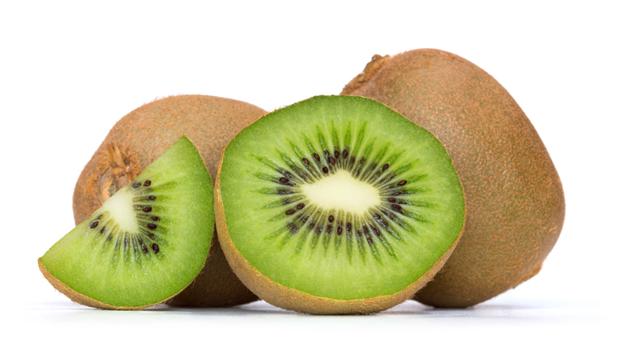

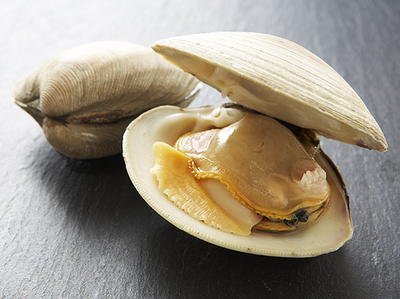
Comentarios
Publicar un comentario